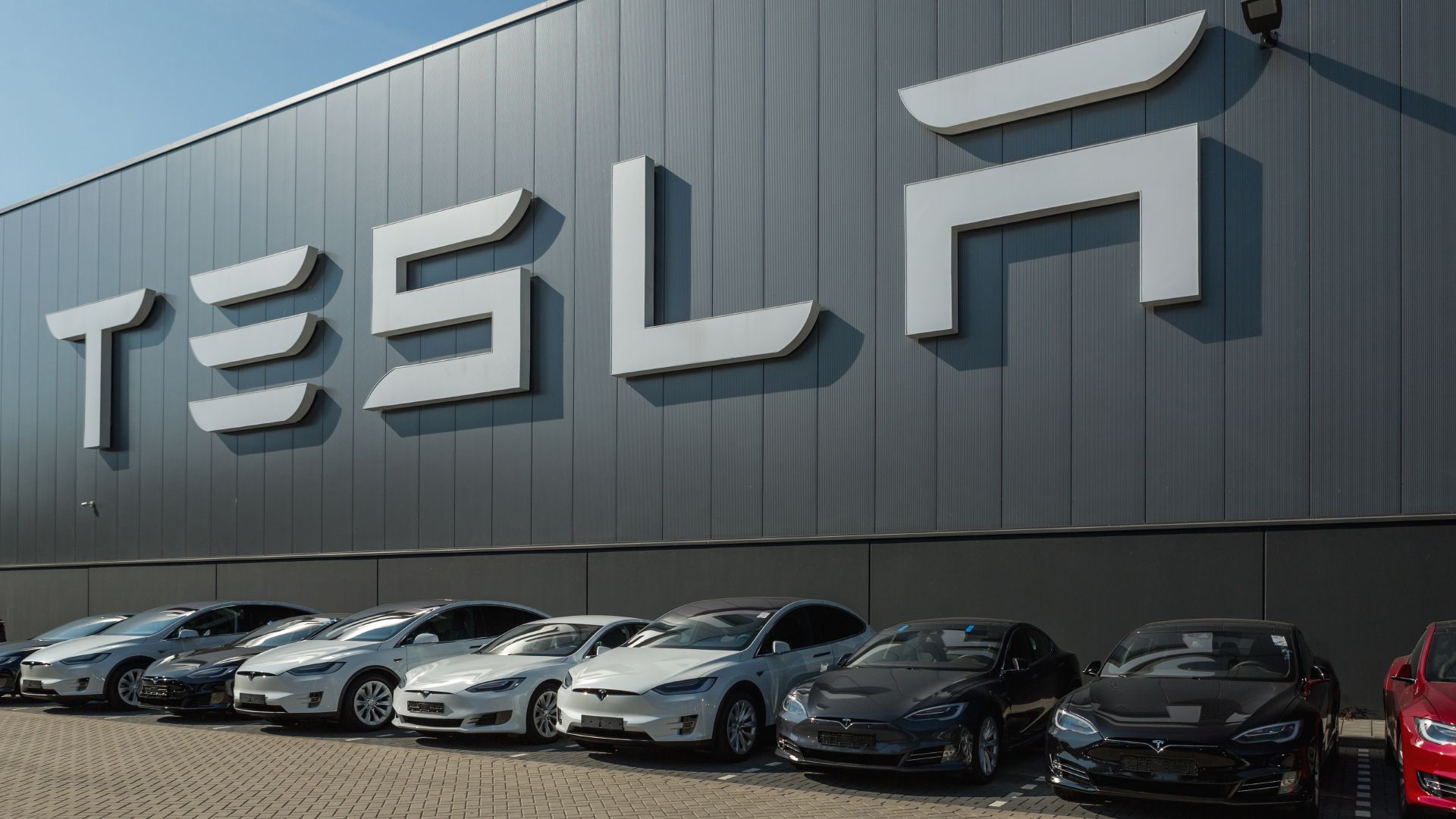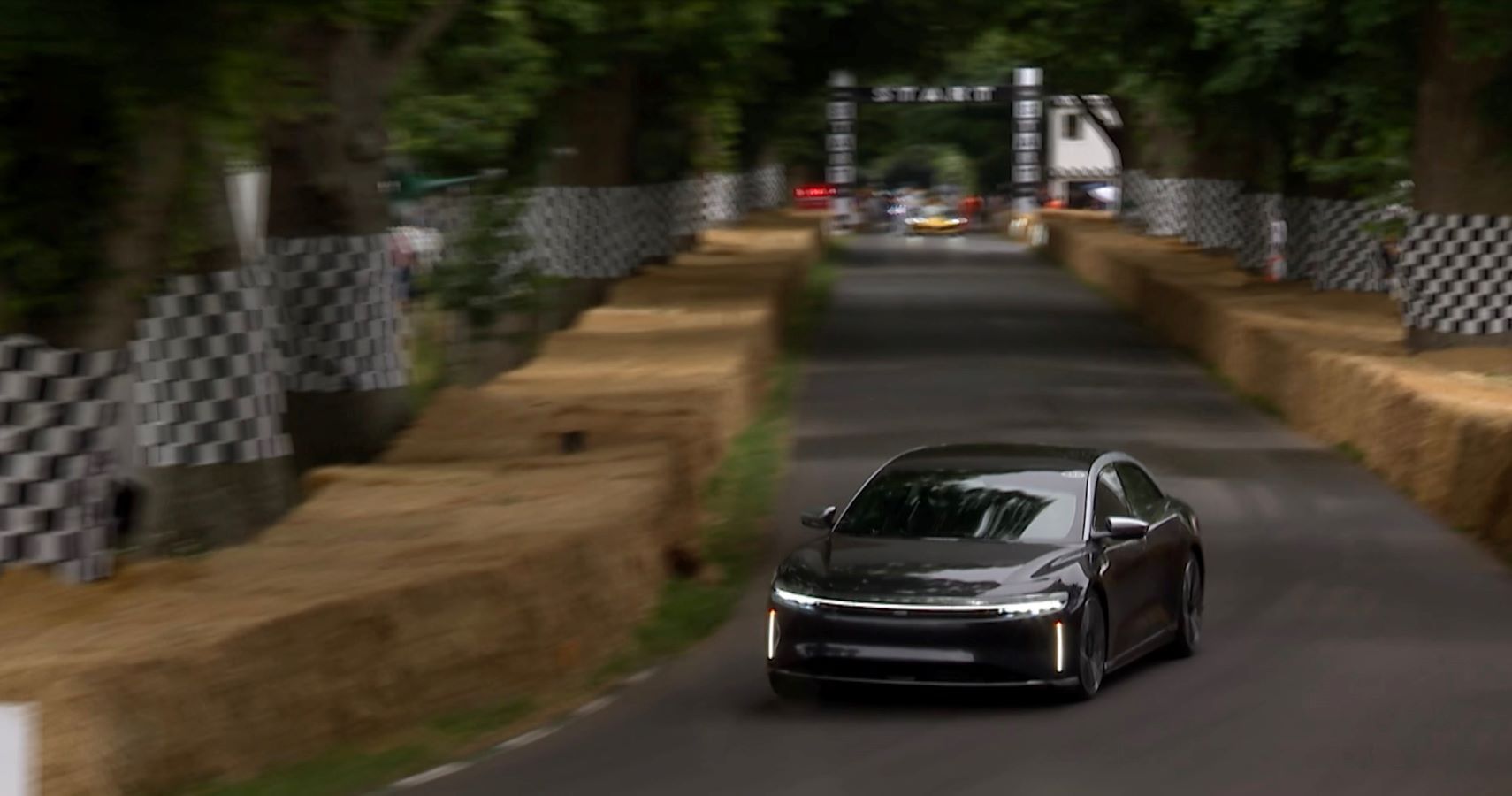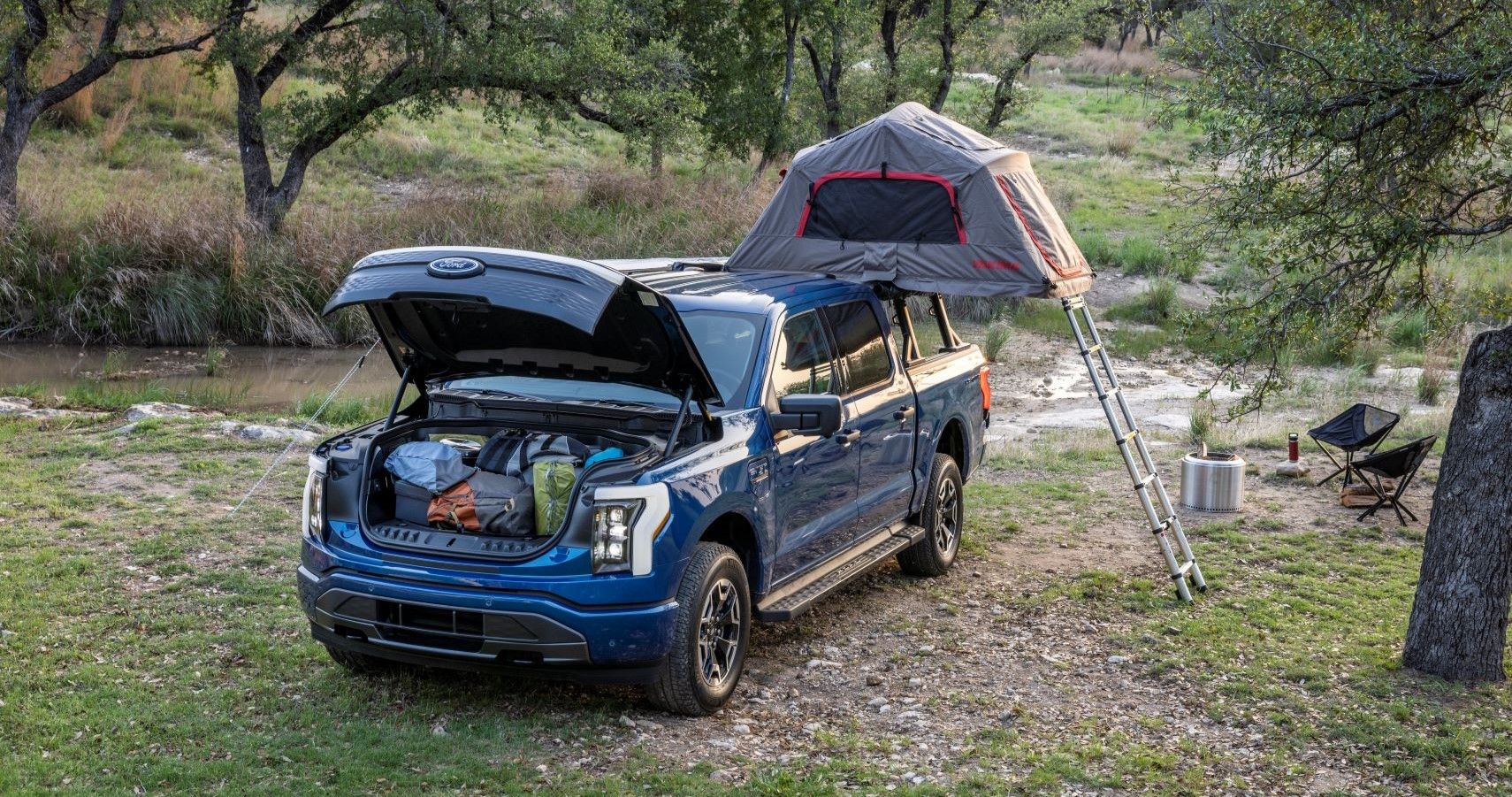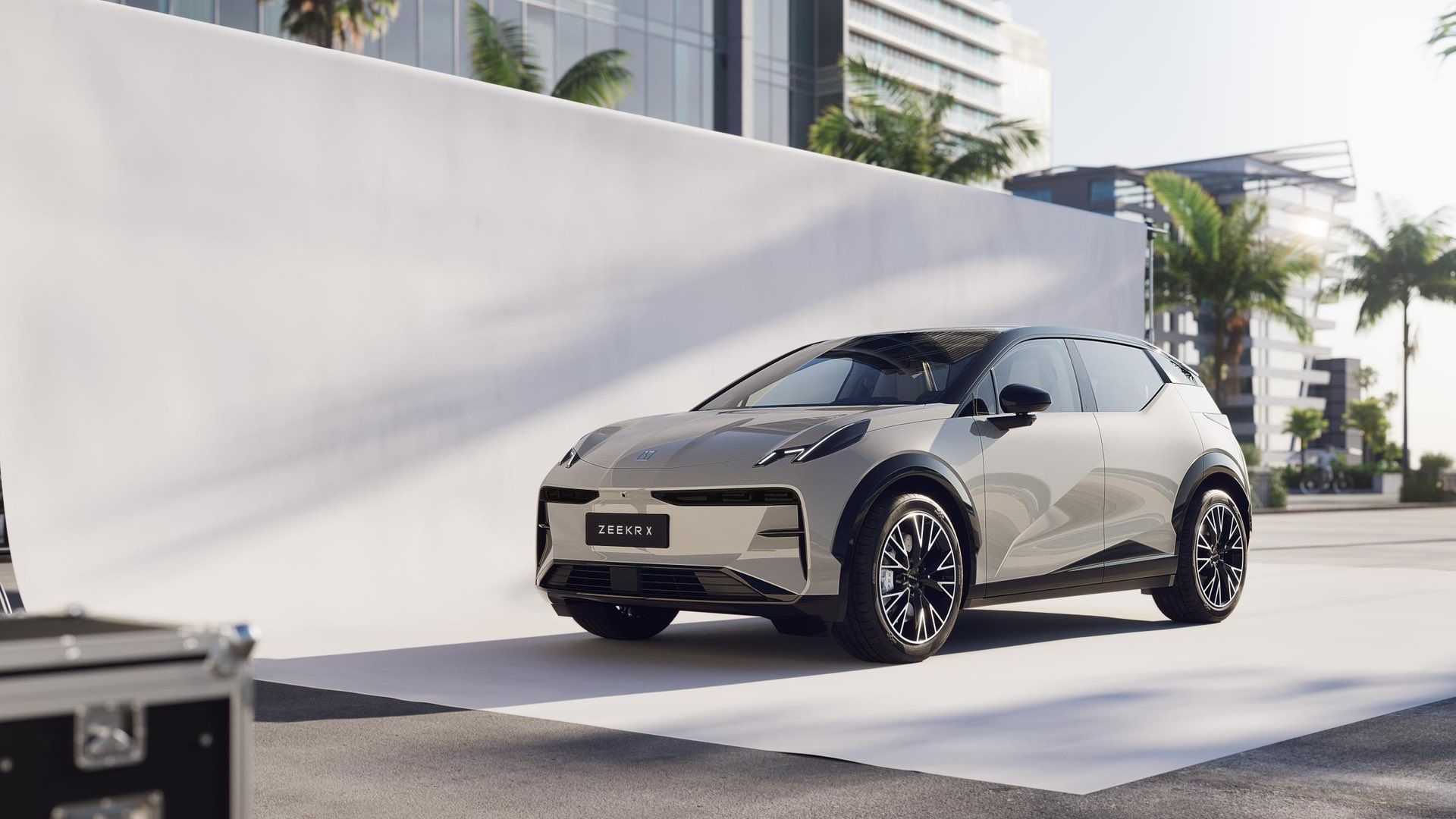Tesla is the trailblazing electric vehicle brand that has redefined not only innovation, but also what can be normal. This brand showed the world that alternatives to gas-powered cars aren't just for tree huggers. It made prospective buyers excited about being early adopters of a once-risky purchase. Now that Tesla has reached mainstream success, other car manufacturers are entering the EV market to avoid monopolization by this superpower of a company. The alternative options have become overly abundant, by way of startups and traditional car companies. Most automakers are building EVs that may not ever stand a chance against Tesla. The technology that allows for autonomy may never reach the innovation in Tesla’s current sensors. Tesla’s supportive networks of superchargers, body shops, and galleries may never be second to any other EV brand. The fanbase of Elon Musk’s company may pledge unwavering loyalty to the brand. This doesn’t mean that Tesla is invincible. The capital, influence, and omnipresence of Tesla’s competitors may currently be no match, but all the greats have fallen at some point in history. Here are five brands that can someday destroy Tesla, followed by five that may never stand a chance.
1 Threat: Lucid Motors
This Californian startup of former Tesla employees is currently one of Tesla's top threats. The technological prowess of Lucid has caught up and surpassed that of what could be found in a Tesla lineup when it comes to autonomy. Build quality is taken more seriously with eco-friendly sourced woods and leather. The design language is very strong on their Lucid Air, with a distinctive mix of sharp edges and smooth aerodynamic curvature. Let's not forget to mention that Lucid has produced the Air Sapphire, a car set to be the most powerful production sedan in the world. A startup that doesn’t have to make big compromises is uncommon. Lucid’s ability to innovate without blatant limitations is admirable, so there is no doubt that it can infiltrate Tesla’s customer base. When a company composed of some of Tesla's brightest decide that they can do better on their own, believe in them.
2 Threat: Polestar
Polestar is an EV-focused extension of Volvo. This subsidiary, born from a '90s motorsports team, has a brand identity that predates its electric vehicles. Just like Volvo, it is luxuriously refined, and meticulously planned out. Despite giving no obvious design queue of an electric car, the Polestar 1 offers a really cool view of part of its power plant through a glass window inside the trunk. The Polestar 2 is a bit too pricey for what is offered and looks like something only a boring college professor can call beautiful. However, the Polestar 3 is quite a looker with a higher focus on sustainable material usage. The brand’s biggest downside is its high costs, but that can be addressed with time and further success. Polestar's design language give a feeling of sophisticated regularity. So, for buyers who heavily appreciate subtlety, Polestar is a stronger contender to Tesla.
3 Threat: Rivian
Before traditional automakers began to put serious effort into EV pickup trucks, Rivian rose to prominence with little mainstream competition. As the only generally well-known startup focusing on personal trucks, sedan-focused startups helped by posing little to no threat. Rivian's transitioning of ideas from paper to actual roads became a little easier. Rivian pulled a page from the Jeep Wrangler and gave the world specialized vehicles centered around lifestyle. If you don’t have a love for the outdoors, you may not be a target buyer. If you would never be willing to live out of your EV, you may not be a target buyer. In addition, the carmaker seems to have a love for kids. Rivian’s strong focus on a niche makes its business model much stronger than most of its competition, currently and in the future. In the meantime, It doesn't seem reasonable to expect Tesla to take over Rivian's niche.
4 Threat: Ford
As an evergreen company that has pioneered the car as we know it today, Ford has persevered and been a powerful, influential force in pushing out vehicles like pony cars, high-performance sedans, off-road racing trucks, extremely reliable police interceptors, trendsetting SUVs, and a world record-breaking bestselling F-series. Its F-150 Lightning is impressive and nearly indistinguishable from the gas-powered version in the eyes of the untrained. The Mustang Mach-E also exceeded expectations with marketing tailored to enthusiasts who enjoy stunt driving disciplines like NASCAR and Formula Drift. The company that is infamous for killing off its product line and rotating vehicle models will do whatever it takes to maintain relevance. Tesla should watch out.
5 Threat: Porsche
One of the world's most consequential and prestigious brands, Porsche has been giving Tesla stiff competition in the EV sedan market. The Taycan contributed to the idea that electric cars don't have to be strangely shaped and unappealing to any human with a sense of style. It closely matched Tesla's bestseller (Model S) in about every category most consumers care about. The Taycan is the first EV to offer 800-volt charging, a technology first tested in their Hybrid 919 during the 24 Hours of LeMans (years 2015, 2016, and 2017). Porsche has since expanded to offering three body styles of their production EV. When a carmaker with a nearly untouchable legacy offers its take on a worthy EV, why not go for its German-engineered masterpiece?
6 Not A Threat: Nissan
Not all brands with a focus on electric vehicles will be worthy of thriving in the same market as Tesla. Despite being one of the first major brands to debut an electric car, the Nissan Leaf hasn't proven to be a very compelling purchase for most first-time EV buyers. Currently, Nissan has two available models, and both don't seem to be a big priority for marketing. Nissan's biggest focus has been cleaning up its image as a manufacturer of less reliable, low-budget cars. Internal priorities may need to be sorted within the manufacturer to avoid a likely imminent bankruptcy, a prediction by former Nissan CEO Carlos Ghosn. The future of Nissan’s EVs thriving in a world full of Teslas is currently not very promising.
7 Not A Threat: Chevrolet
Chevrolet is a historically diverse brand that entered the EV market early, before these Silicon Valley startups arrived on the scene to give these traditional car brands a scare. The underwhelming looks and high production costs to create the Chevy Volt were enough to get attention, but not enough to trailblaze a movement. The current successor, the Chevy Bolt, isn't doing much to add a sense of excitement to prospective buyers. Targeting a compact and low-budget sector of the market, one of the Bolt’s most noteworthy features is its battery pack that catches fire. Maybe the 73,000 Bolts being recalled are LG’s fault; They are the battery supplier. This fatal flaw doesn’t truly take away from Chevy’s poor positioning in the market. Upcoming EVs like their Silverado, Blazer, and Equinox might have an impact. Even the E-Ray Corvette seems quite promising, but maybe not enough to threaten Tesla.
8 Not A Threat: BMW
Despite an abundance of funding to create prototypes with fewer confines than competitors, BMW has had a lot of misses. As a brand that pushes out some of the most beautiful gas-powered cars, its design language is very inconsistent. They tend to push out some of the ugliest EV cars on the market. The BMW XM looks like a warthog with dangerously sharp angles. The BMW i3 further pushes the ubiquitous idea that EVs are supposed to be a strangely proportioned eyesore. The BMW i8 is an exception, for it is critically acclaimed for its looks. It just happens to look like a supercar, without supercar performance. BMW has made wiser decisions with the iX and i4 EVs, because they closely match the looks of their internal combustion engine counterparts. BMW doesn't yet have what it takes to make Tesla notice them. However, Tesla might take notice the day that BMW pushes out EVs that are as beautiful, fast, and practical as their best gas-powered options.
9 Not A Threat: Zeekr
This newly founded Chinese startup is very promising to the Chinese automotive market. It is owned by Geely, an umbrella company that also owns Volvo, Lotus, Smart, and others. This company has both Asian and European car companies to source EV projects. With this positioning, they strive to take on Tesla. Despite an abundance of funding, there is plenty of doubt that such an ambitious goal can be carried out. Tesla has yet to be banned in China, despite many unexpected regulations and investigations. As the world leader in electric vehicles, Tesla won't voluntarily make room for this startup. Despite the EV's plans to expand its sales, it may not be selling in the United States anytime soon. It is possible that Zeekr may not ever appeal to American buyers. However, Tesla has a product line that appeals to most of the developed world.
10 Not A Threat: Faraday Future
This Californian startup lacks promise before pre-orders can be processed. Faraday has flirted with bankruptcy in its infancy. This company has experienced much hardship in attempting a smooth rollout of its EVs. Employees of the startup have called for the removal of board members, which further financially crippled the automaker as a result. The publicity surrounding struggles outweigh the recent publicity surrounding its actual products. Faraday has stated a possibility of an FF 81 and FF 71 after the release of its FF 91. It seems like wishful thinking, considering that the company has had to jumpstart a GoFundMe in order to lay off employees. Despite ethically conflicting challenges, hope still exists. The company shares are beginning to see a resurgence. Faraday’s first car is scheduled to see the light of day, but will its FF 91 be worth the wait? With a hopeful unveiling ahead, will the car’s specs impress or underwhelm? Whatever awaits the future of Faraday, the possibility of it being able to keep up with Tesla is looking quite slim.











